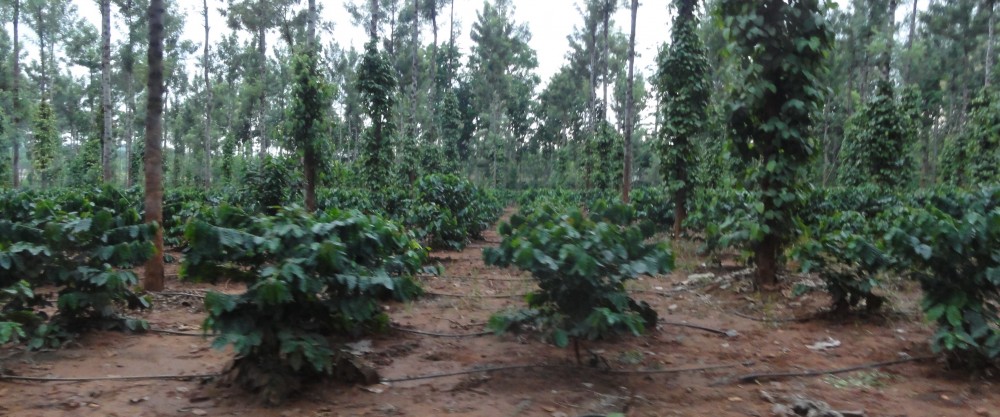CFEP faculty in Detection Technologies for Emerging Plant Disease hired
As part of the NC State Chancellor’s Faculty Excellence Program (CFEP) we have hired a tenure-track faculty member to be part of an interdisciplinary faculty cluster on “Emerging Plant Disease and Global Food Security.” This cluster of will develop new knowledge to better understand the fundamental basis of emerging infectious diseases caused by pathogens of plants or the pests that vector them – including the development of tools – enabling a more rapid response to contain and limit potential damage by emerging threats. To facilitate this work, there is a need to develop cutting edge, rapid, inexpensive, and accessible biosurveillance methods for detection of plant pathogens and pests associated with insect vectors, in seed, the atmosphere, in transit, and in production and processing.
Dr. Qingshan Wei joined NC State in January 2017 as a Chancellor’s Faculty Excellenc e Program cluster hire in Emerging Plant Diseases and Global Food Security. He will work within the new Emerging Plant Disease and Global Food Security cluster to develop next generation methods and devices for real-time detection of relevant plant pathogens or pests that vector them. He is an assistant professor in the Department of Chemical and Biomolecular Engineering. His research is focused on developing next-generation field-deployable molecular imaging, sensing, and diagnostic tools for plants and human. These tools are essential to translate conventional laboratory diagnostic tests from the bench to the point of care for rapid field detection, personal health monitoring, as well as battling infectious diseases in the resource-limited settings. His research group is studying new portable microscopy devices for single-molecule detection as well as novel lab-on-a-chip systems for rapid sample preparation such as DNA extraction, amplification, and sequence-specific labeling. His work spans broadly at the interface of engineering, chemistry, nanoscience, and biology. Qinghan recieved the NanoResearch Young Innovators Award in 2018.
e Program cluster hire in Emerging Plant Diseases and Global Food Security. He will work within the new Emerging Plant Disease and Global Food Security cluster to develop next generation methods and devices for real-time detection of relevant plant pathogens or pests that vector them. He is an assistant professor in the Department of Chemical and Biomolecular Engineering. His research is focused on developing next-generation field-deployable molecular imaging, sensing, and diagnostic tools for plants and human. These tools are essential to translate conventional laboratory diagnostic tests from the bench to the point of care for rapid field detection, personal health monitoring, as well as battling infectious diseases in the resource-limited settings. His research group is studying new portable microscopy devices for single-molecule detection as well as novel lab-on-a-chip systems for rapid sample preparation such as DNA extraction, amplification, and sequence-specific labeling. His work spans broadly at the interface of engineering, chemistry, nanoscience, and biology. Qinghan recieved the NanoResearch Young Innovators Award in 2018.
Previously, Qingshan received B.S. and M.S. degrees in Polymer Materials & Engineering from Zhejiang University in China, and a Ph.D. degree in Chemistry from Purdue University, working on the synthesis and biomedical applications of plasmonic nanostructures. After then, he was a postdoctoral scholar in the Bioengineering Department and Electrical Engineering Department at the University of California, Los Angeles (UCLA), developing imaging and sensing tools based on mobile phones. He is the recipient of the Bilsland Dissertation Fellowship at Purdue University and Honorable Mention of the Chancellor’s Award for Postdoctoral Research at UCLA.
Press release on Wei’s latest paper on Microneedle Patch for DIsease Detection

